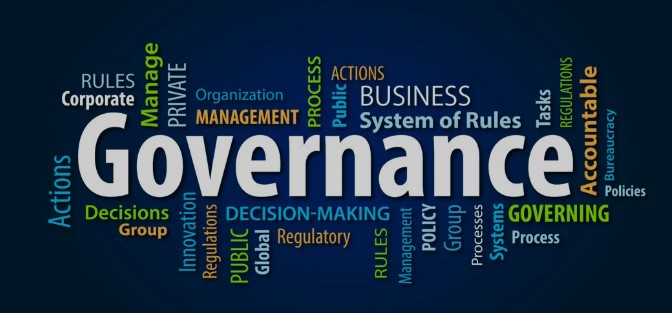Independent Directors under Attack

2024 has started with a governance bang! This is led by the change in governance rules gazetted by the Capital Markets Authority (CMA) in October 2023 and awaiting approval by Parliament. The Capital Markets (Public Offers, Listings And Disclosures) Regulations 2023 is an updated governance guide that has redefined the tenure of an independent director from nine years to six years. With no statement issued following the gazettement we, the hoi polloi, are only left with an ignorance vacuum within which to interpret the thinking of the regulators. Under the previous CMA regulations, an independent director was defined as a director who does not have a material or pecuniary relationship with the company, one who is compensated through sitting fees or allowances and one who does not own shares in the company. Furthermore, if nine years had passed since date of first appointment, that independence was deemed to have ended. This definition to begin with already had some questionable rationale as the ownership of shares should have been refined to provide for materiality.
If one owns a hundred shares in a company whose total listed shares is a ten million, is this really an ownership that sways one’s independence? At less than 0.01% how can such a drop in the ocean affect one’s judgement especially since such ownership cannot materially affect the decision making at the board? But I digress. The proposed regulations awaiting parliamentary ratification now define an independent director in pretty much the same terms as above described, except that now an executive director is expressly stated as not being independent and a time frame of six years now encapsulates the independence.
So I went hunting around other jurisdictions to see whether this was a global trend or whether Kenyans have decided to forge their own path. The South Africans, who in 1994 established the private sector led but widely respected King Code of Corporate Governance, are now utilizing version 4 of the same issued in 2016. They have taken a ‘substance over form’ approach to corporate governance, asking organizations to apply and explain by stating their intentions as they apply the rule. King IV provides that a non-executive director may continue to serve in an independent capacity for longer than nine years if, upon an annual board assessment, it is concluded that the director continues to exercise objective judgement, has no interests, relationships or associations which a reasonable third party observer considers as capable of causing bias or influence. The South Africans are saying “Hey, self-regulate as a board and every year use the standard of a reasonable third party to determine the long-in-the-tooth director’s objectiveness.”
The Australian Stock Exchange Corporate Governance Principles issued in February 2019 provide that “A listed entity and its security holders are likely to be well served by having a mix of directors, some with a longer tenure with a deep understanding of the entity and its business and some with a shorter tenure with fresh ideas and perspective. It also recognizes that the chair of the board will frequently fall into the former category.” The authors of this document are clearly board room practitioners rather than theorists. They go ahead to add, “The mere fact that a director has served on a board for a substantial period does not mean that the director has become too close to management or a substantial holder to be considered independent. However, the board should regularly assess whether that might be the case for any director who has served in that position for more than 10 years.”
So just like the South Africans, our Australian Commonwealth brothers see the need for the board to undertake the self-assessment on independence. Finally, the United Kingdom has issued a new Corporate Governance Code 2024 which will come into effect in January 2025. Section 2, Provision 10 basically says that the board should clearly explain why a director who has been in role for more than 9 years should continue to be considered independent. Just like the South Africans and our Australian Commonwealth brothers, the United Kingdom views boards as mature enough to decide if those that walk amongst them can be viewed as independent. Further, they are required to explain why.
This is a fairly modern approach to corporate regulation. Substance over form. Explain your intentions and hope that they stand up to public scrutiny. The historical approach to regulation is paternalistic: “Daddy said do this and don’t question Daddy because he said so!” So the corporate children of Kenya await further direction on this, while facing the grave danger that valuable institutional knowledge is being given short shrift.
Twitter/X: @carolmusyoka

 carolmusyoka consultancy
carolmusyoka consultancy
 @carolmusyoka
@carolmusyoka